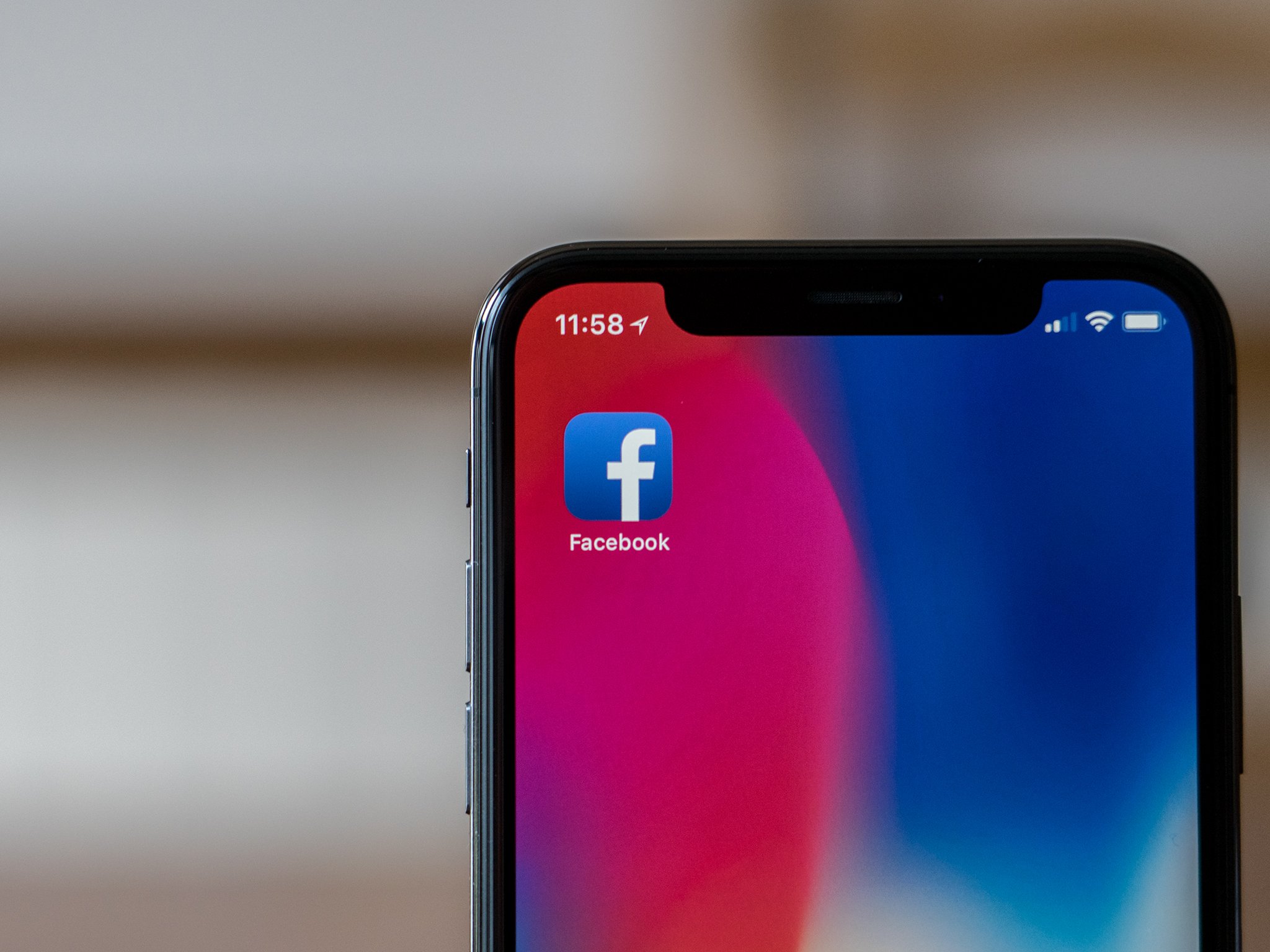Facebook kicks RT and Sputnik's suspected Russian propaganda pages off its platform

What you need to know
- Facebook says it is "restricting access" to two Russian media outlets thought to spread Russian propaganda.
- RT and Sputnik are no longer available on Facebook in the EU.
- Google has already removed the same channels from its YouTube service.
Facebook has announced that it has taken action to restrict access to two pages run by media agencies thought to be mouthpieces for Moscow.
In a post to Twitter, Facebook VP of Global Affairs Nick Clegg said that the social network was "restricting access" to both RT and Sputnik — two media agencies long thought to be pro-Putin and accused of spreading disinformation and propaganda. Following Russia's invasion of Ukraine, Clegg says Facebook took action given the "exceptional nature of the current situation."
The full statement reads:
We have received requests from a number of Governments and the EU to take further steps in relation to Russian state controlled media. Given the exceptional nature of the current situation, we will be restricting access to RT and Sputnik across the EU at this time.
We have received requests from a number of Governments and the EU to take further steps in relation to Russian state controlled media. Given the exceptional nature of the current situation, we will be restricting access to RT and Sputnik across the EU at this time.We have received requests from a number of Governments and the EU to take further steps in relation to Russian state controlled media. Given the exceptional nature of the current situation, we will be restricting access to RT and Sputnik across the EU at this time.— Nick Clegg (@nickclegg) February 28, 2022February 28, 2022
Checks by The Verge's Alex Heath show that RT and Sputnik pages are no longer available "in the EU" although they are still viewable in Russia.
The news that Facebook is blocking access to the two pages comes at a time when other social networks and media companies are doing something similar. YouTube also confirmed that it has removed RT and Sputnik's channels across Europe. Ukraine has also asked Apple to remove the App Store and other services from Russia, not to mention products.
iMore offers spot-on advice and guidance from our team of experts, with decades of Apple device experience to lean on. Learn more with iMore!

Oliver Haslam has written about Apple and the wider technology business for more than a decade with bylines on How-To Geek, PC Mag, iDownloadBlog, and many more. He has also been published in print for Macworld, including cover stories. At iMore, Oliver is involved in daily news coverage and, not being short of opinions, has been known to 'explain' those thoughts in more detail, too.
Having grown up using PCs and spending far too much money on graphics card and flashy RAM, Oliver switched to the Mac with a G5 iMac and hasn't looked back. Since then he's seen the growth of the smartphone world, backed by iPhone, and new product categories come and go. Current expertise includes iOS, macOS, streaming services, and pretty much anything that has a battery or plugs into a wall. Oliver also covers mobile gaming for iMore, with Apple Arcade a particular focus. He's been gaming since the Atari 2600 days and still struggles to comprehend the fact he can play console quality titles on his pocket computer.
